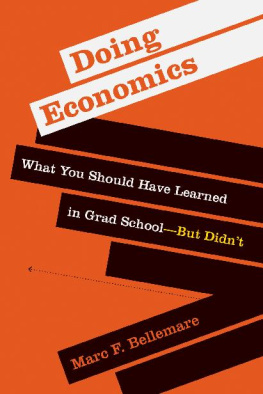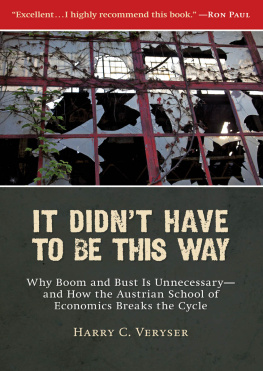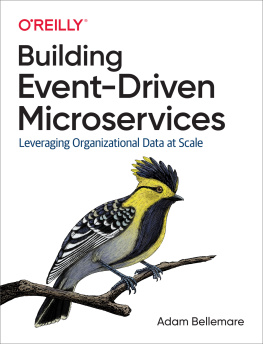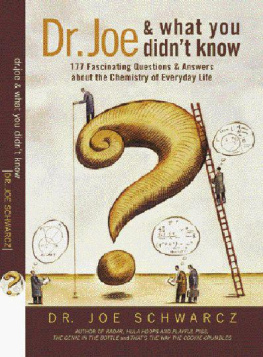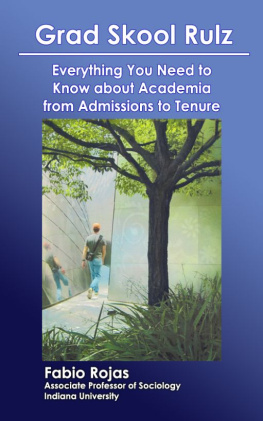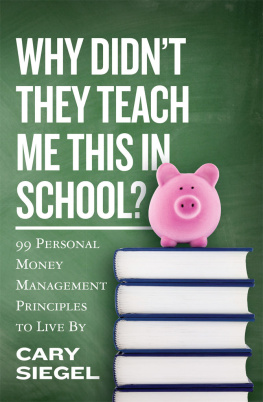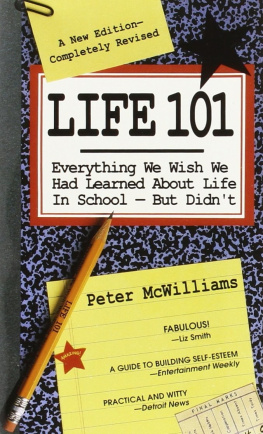Doing Economics
Doing Economics
What You Should Have Learned in Grad SchoolBut Didnt
Marc F. Bellemare
The MIT Press
Cambridge, Massachusetts
London, England
2022 Massachusetts Institute of Technology
All rights reserved. No part of this book may be reproduced in any form by any electronic or mechanical means (including photocopying, recording, or information storage and retrieval) without permission in writing from the publisher.
The MIT Press would like to thank the anonymous peer reviewers who provided comments on drafts of this book. The generous work of academic experts is essential for establishing the authority and quality of our publications. We acknowledge with gratitude the contributions of these otherwise uncredited readers.
This book was set in Sabon LT Std by New Best-set Typesetters Ltd.
Library of Congress Cataloging-in-Publication Data
Names: Bellemare, Marc F., author.
Title: Doing economics : what you should have learned in grad schoolbut didnt / Marc F. Bellemare.
Description: Cambridge, Massachusetts : The MIT Press, 2022. | Includes bibliographical references and index.
Identifiers: LCCN 2021038731 | ISBN 9780262543552 (paperback)
Subjects: LCSH: EconomicsStudy and teaching (Higher) | Economists. | Proposal writing for grants. | Mentoring. | Life skills.
Classification: LCC HB74.5 .B49 2022 | DDC 330.071dc23
LC record available at https://lccn.loc.gov/2021038731
10987654321
d_r0
For Sophia, who I hope will more easily figure out the rules of whatever game she chooses to play.
And for Janet, whose love of her fellow creatures inspires me daily to become a better version of myself.
Contents
Preface
Its strange, isnt it? the woman said in a pensive voice. Everything is blowing up around us, but there are still those who care about a broken lock, and others who are dutiful enough to try to fix it... But maybe thats the way it should be. Maybe working on the little things as dutifully and honestly as we can is how we stay sane when the world is falling apart.
Haruki Murakami, Men without Women
This book came into being because of the pandemic.
In 2018, well before the words COVID-19 and coronavirus, or even the word pandemic became part of our everyday language, I went to Rome for an event at the Food and Agriculture Organization of the United Nations. One evening over drinks, my colleague Sara Savastano suggested I should assemble some of the material I had written on my blog since 2010 into a manual for her staff. As the new director of the International Fund for Agricultural Developments (IFAD) Research and Impact Assessment (RIA) division, Sara oversaw the work of a team of economists whose job it was to evaluate the impact of IFADs projects. When she started in that position, she had found the quality of the papers produced by the RIA staff to fall short of what it could have been, and so she had made it one of her goals to improve the papers written by the economists in her shop. Following that conversation, IFAD hired me as a consultant to write a document on how to write impact evaluation papers. I delivered that how-to manual to them in early 2020.
Although I had always planned to turn that manual into a working paper, little did I know at the time that it would turn into what would ultimately get me through annus horribilis 2020. Indeed, in the early days of the COVID-19 lockdowns, I realized that if I was going to maintain my sanity, I would need to work on something that was different from my usual responsibilitiesand different from my new job as half-time homeschooling teacher.
It was then that I realized that the how-to I had written for IFAD could work nicely as a book chapter, and that I had similar thoughts to share on other aspects of doing economics. In April 2020, I pitched the idea of this book to a number of presses. By the end of June, most of them had responded favorably and invited me to submit a formal proposal. At the end of August, I signed a contract with MIT Press.
As I write these lines in late fall 2020, we are headed into what looks like a difficult winter of lockdowns due to rising COVID-19 infection rates. But if I have learned one thing over the last year, it is that the obstacle is the way, as Ryan Holiday put it (Holiday 2014), and that working on the little things as dutifully and honestly as we can is how we stay sane when the world is falling apart.
Acknowledgments
It takes a village to raise a child, according to an alleged African proverb. Similarly, it would have been impossible for me to write this book without the support of several people, to whom I would like to express my gratitude.
Un grande ringraziamento to Sara Savastano, who provided the impetus for this project.
I am grateful to Chris Barrett, whose influence on my life cannot be overstated. Not only was Chris directly responsible for my meeting my wife, but as my advisor at Cornell, he taught me a lot of the unwritten rules of the economics profession. When I started working on the proposal for this book, his comments on my draft proposal were invaluable.
I am equally grateful to Tim Beatty, thanks to whom I started co-teaching our departments second-year paper seminar as soon as I joined the University of Minnesota in 2013. Though he dislikes the label because it makes him feel old, Tim has been a wonderful mentor, with whom I have had many fruitful conversations about the profession over the years, and there is more than a little of those conversations in this book.
I did not know how to navigate the process of publishing a book, but thanks to an early conversation with Kim Yi Dionne, I went in knowing how to go about it and what to look out for. I also learned the true meaning of haba na haba hujaza kibaba little by little fills the measure, Kims favorite Swahili proverbby working on this book.
I have benefited from comments by Jeff Bloem, John Cranfield, Liz Davis, Paul Glewwe, Eva-Marie Meemken, Jeff Reimer, and Joe Ritter, who read early versions of chapter 2. Similarly, Jenn Ciss, Brady Horn, Robbin Shoemaker, and Dawn Thilmany McFadden provided excellent comments on chapter 5, while Mike Shor pointed me to the data on indirect cost recovery rates I discuss in that chapter. My coauthor Seth Gitter sat down for a conversation about advising undergraduates, which informed a lot of the content of chapter 7. Teevrat Garg read through drafts of chapters 2, 3, and 4, and provided excellent insights about writing papers for and publishing in general science journals. Finally, I am grateful to Amy Damon, Christine Moser, and Aine Seitz McCarthy, all of whom offered their much-needed perspectives on finding funding (chapter 5) and advising students (chapter 7). This latter chapter also benefited from Lindsey Novaks insights.
I wish to thank Emily Taber, my editor at MIT Press, for making the process of writing my first book easy, and the two anonymous reviewers she chose to review the proposal for this book as well as the first full draft for their constructive comments and sharp insights about how to make the book appealing to a broader audience. I am also very grateful to Chad Zimmerman at a competing press, who came up with the title for this book, and who graciously let me use it.
Finally, I am grateful to my wife Janet and my daughter Sophia, who put up with my having to miss many daycare drop-offs and weekend activities because I was working on this book. I love you both (and the dogs) more than words can express.
Sub umbra alarum tuarum,
Introduction
I believe that what we become depends on what our fathers teach us at odd moments, when they arent trying to teach us. We are formed by little scraps of wisdom.

